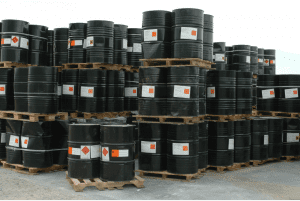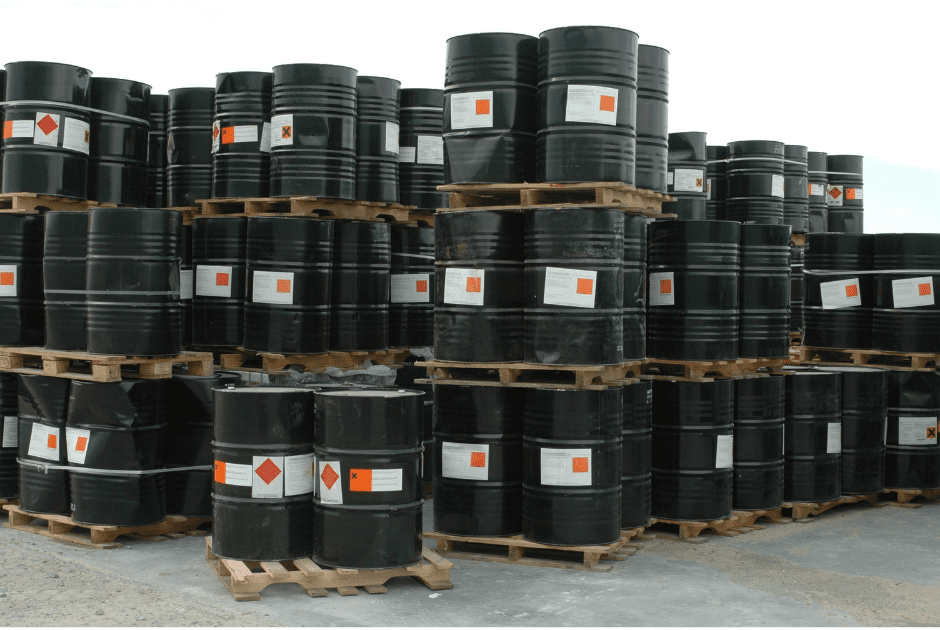By Rennee Karlik, Regulatory Compliance Specialist

A globally integrated supply chain is essential to worldwide chemical manufacturing. US Chemical Manufacturers import many chemicals from other countries due to price advantage and availability. Some imported chemicals never leave the importer’s location and are used as feedstock or raw materials for the manufacture of other chemicals. Some are rebranded or distributed by the importer and enter the US market. Every importer of chemicals becomes the “Responsible Party” for compliance with OSHA HCS, including the accuracy and content of the Safety Data Sheet (SDS) for the imported product.
Obligations to OSHA & Safety Data Sheets
Many manufacturers remain unaware of the obligations to ensure that Safety Data Sheets for imported products are aligned with OSHA requirements. Safety Data Sheet repositories are often full of SDSs with a foreign manufacturer/supplier name, address, and telephone number. Simply filing away an imported product’s SDS and making it available for workers may not be enough to satisfy OSHA.
OSHA defines a chemical importer as “the first business with employees within the Customs Territory of the United States which receives hazardous chemicals produced in other countries for the purpose of supplying them to distributors or employers with the United States.” The role and obligations of the chemical importer are clearly defined in OSHA DIRECTIVE NUMBER: CPL 02-02-079. The obligations are briefly summarized below.
- The importer automatically becomes the responsible party.
- The importer is responsible for compliance with the OSHA HCS and must include their name and address on the SDS and label.
- The importer is responsible for SDS information and for providing any updates to labels and SDSs.
- An employer who imports hazardous chemicals for use in their own workplace is responsible for conducting a hazard classification of the chemical, producing the SDS and appropriate label, and all other applicable provisions of the standard.
The Responsibility of Chemical Importers
Chemical importers must understand their role as “The Responsible Party” for Hazard Communication, hazard classification, and SDS compliance. Safety Data Sheets for imported products should be reviewed and reauthored, when necessary, for OSHA compliance. Hazard classification criteria and the extent of GHS adoption are variable across global jurisdictions. Trusting the accuracy of a Safety Data Sheet, authored in another country, is a risky business. Knowing your obligations as a chemical importer will avoid OSHA infractions and ensure that workers are protected.
GSM is committed to helping chemical importers navigate safety data sheets and safety regulations. Please contact GSM to find out how we can help.


